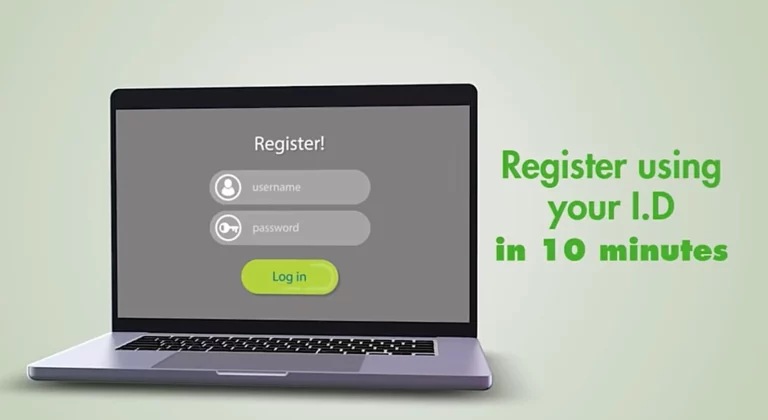The Philippines is a rapidly developing nation with a growing economy. This growth creates a strong demand for financial services, particularly lending. If you’re considering starting a business in the Philippines, the lending industry could be a lucrative option. But is lending a good business in the Philippines?
In this blog post, we’ll delve into the pros and cons of starting a lending business in the Philippines and answer that key question.
The Potential of the Lending Market in the Philippines
- Underserved Market: Traditional banks in the Philippines often have strict requirements, leaving a significant portion of the population underserved. Small and medium-sized enterprises (SMEs) and individuals needing a bit of extra credit may find it difficult to access traditional loans. This creates a large potential market for alternative lending services.
- Growing Economy: The Philippines’ consistently expanding economy fuels demand for credit across various sectors, from individuals seeking personal loans to businesses needing capital for expansion.
- Rising Financial Inclusion: Government initiatives and the growth of fintech solutions are increasing financial inclusion in the Philippines. Lending businesses can tap into this expanding pool of potential customers who are newly gaining access to financial services.
Types of Lending Businesses in the Philippines
There are several types of lending businesses you can establish in the Philippines:
- Microfinancing Institutions: These institutions specialize in providing small loans to individuals, typically in underserved communities, and to small businesses.
- Online Lending Platforms: These platforms use technology to facilitate peer-to-peer lending or connect borrowers directly with lenders. They often focus on faster, more convenient lending processes.
- Pawnshops: Traditionally popular choices, pawnshops offer loans secured by valuable collateral such as jewelry.
- Salary Loan Providers: These cater to employed individuals by offering loans that can be repaid through salary deductions.
Regulations for Lending Businesses in the Philippines
The lending industry in the Philippines is heavily regulated to protect borrowers. It’s crucial to familiarize yourself with these regulations:
- Securities and Exchange Commission (SEC): Lending companies must register with the SEC and obtain a Certificate of Authority to operate.
- Bangko Sentral ng Pilipinas (BSP): The BSP supervises lending institutions to ensure compliance with regulations and consumer protection standards.
- The Truth in Lending Act: This law mandates transparency in loan terms and interest rates to protect borrowers from hidden fees.
Advantages of Starting a Lending Business in the Philippines
- Profit Potential: The lending industry can be highly profitable when managed effectively. Is lending a good business in the Philippines? From a potential profitability standpoint, the answer is yes.
- High Demand: The demand for credit in the Philippines ensures a steady stream of potential customers.
- Opportunity to Help: You will play a role in improving financial access for underserved individuals and businesses, contributing to the country’s economic development.
Challenges of Starting a Lending Business in the Philippines
- Competition: The lending market in the Philippines is competitive, with both traditional banks and non-bank lending institutions vying for customers.
- Risk Management: Lending businesses carry inherent risks of default. A well-developed risk management strategy is crucial.
- Strict Regulations: Compliance with regulations requires careful planning and resources.
How to Start a Lending Business in the Philippines
- Choose Your Niche: Focus on a specific market segment (e.g., microloans, SME loans, personal loans) to establish a competitive edge.
- Develop a Business Plan: Outline your business model, target market, financial projections, and regulatory compliance strategies.
- Secure Funding: You’ll need enough capital to start lending and cover operational costs
- Register with the SEC: Obtain the necessary licenses and permits to operate legally.
- Build Your Loan Portfolio: Establish prudent lending practices and credit assessment processes to minimize risk.
Read also:
- How to Start a Lending Business in the Philippines
- Requirements for Lending Businesses in the Philippines
Is Lending a Good Business in the Philippines?
The answer depends on your preparedness and dedication. The lending industry in the Philippines presents considerable profit potential due to the high demand for credit. However, it’s not without challenges.
To succeed, focus on a specific niche, manage risks effectively, stay compliant with regulations, and offer competitive and customer-centric services. Is lending a good business in the Philippines? With careful consideration and a solid plan, it can be.




